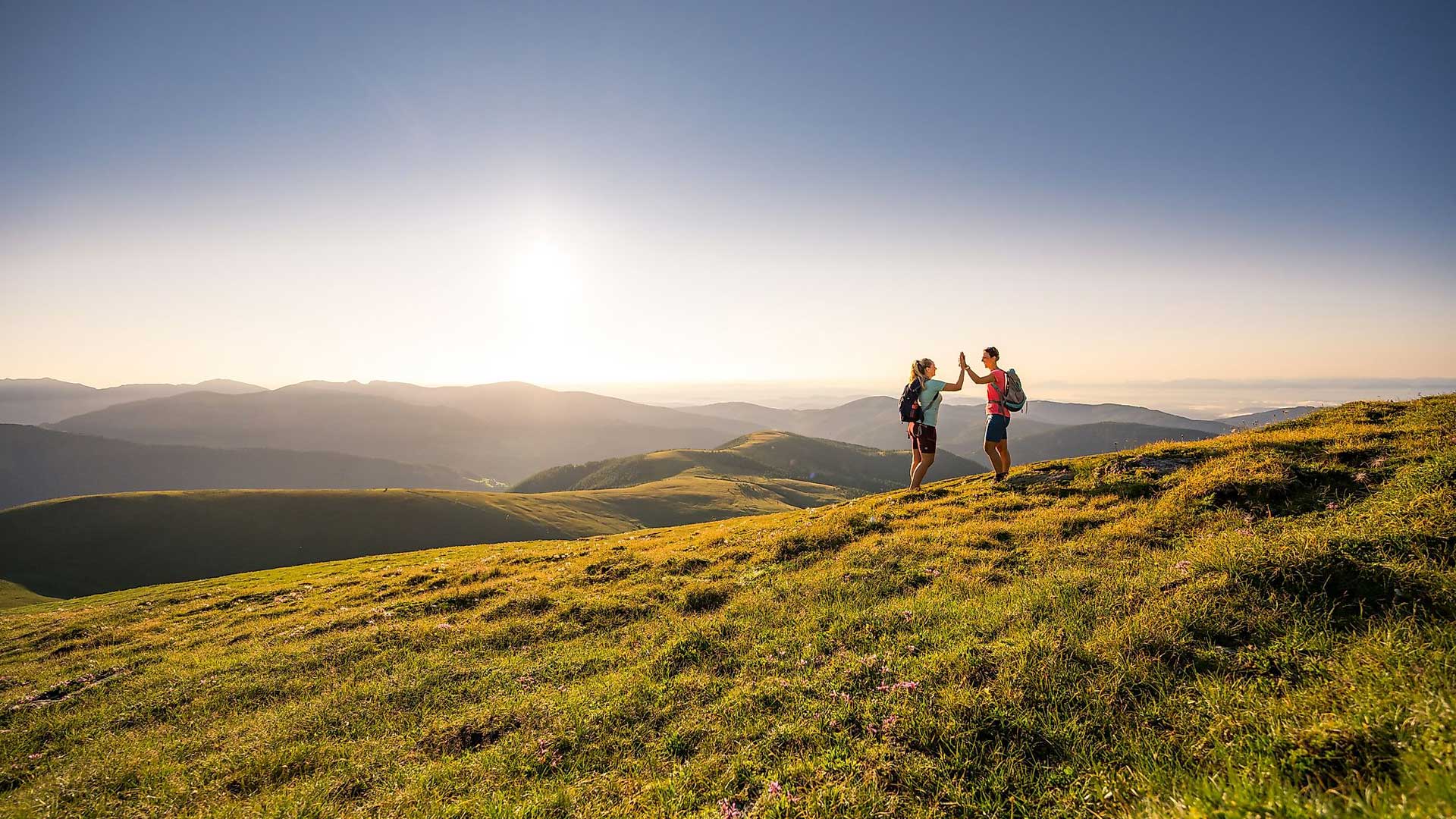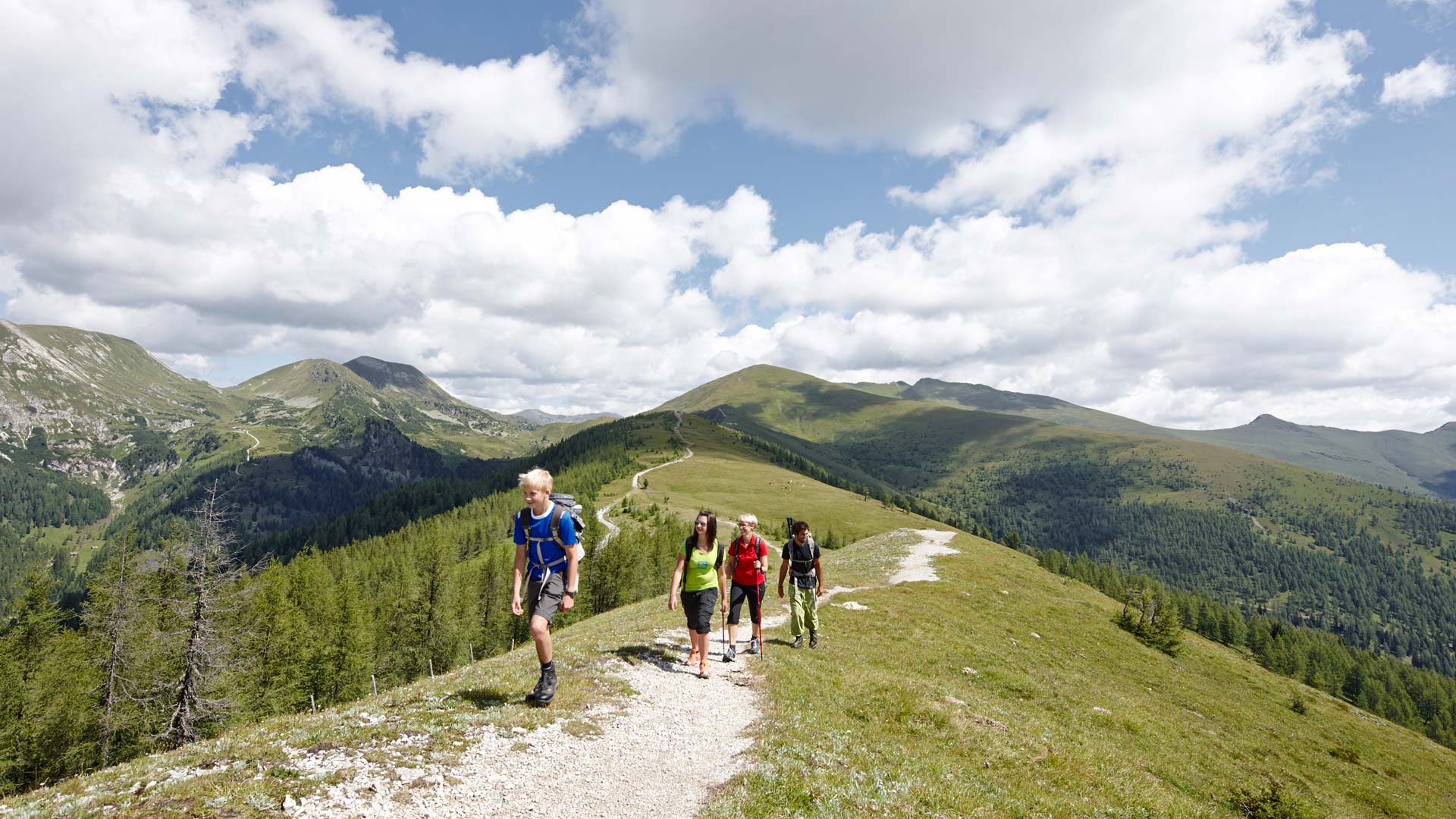The centuries-long cultivation of the farms and the grazing of the alpine pastures have contributed to the creation of the typical cultural landscape of the Nockberge. The mountain farming way of life still characterises the landscape today and is part of the rural livelihood.
Traditional fences, roofs covered with larch shingles and Schnaiteleschen are just as characteristic of the region as culturally and historically valuable buildings.
According to the motto “protection through utilization”, the Nockberge Biosphere Park supports the preservation of typical landscape elements and promotes near-natural forms of cultivation. A special feature is the almost 1,000 years of alpine pasture grazing in the Nockberge up to the summit regions, which is reflected in the high quality of the produced products.
Experience the Nockberge Biosphere Park up close
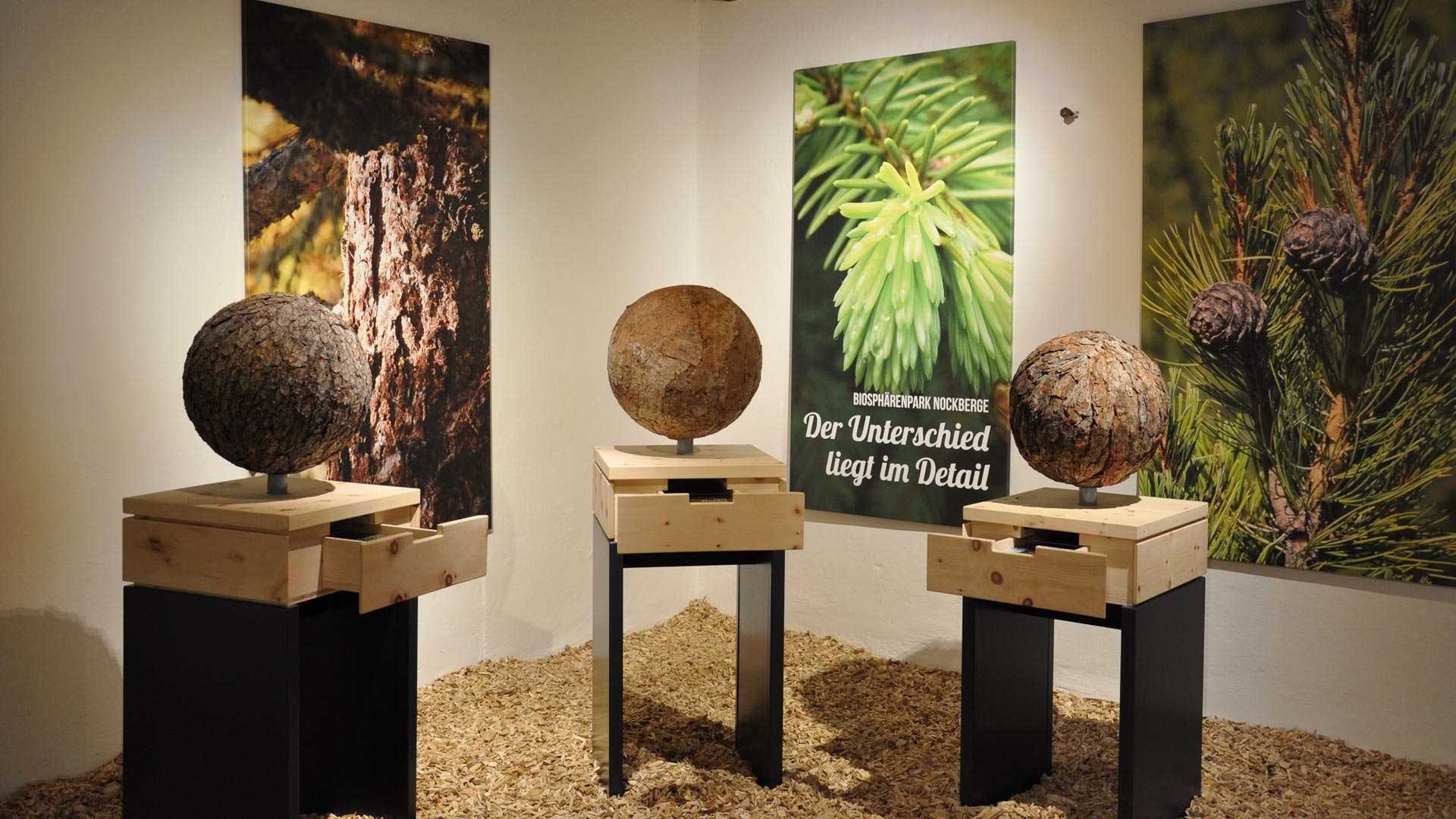
Exhibitions
The themed exhibitions bring guests and locals closer to the unique natural and cultural area of the Nockberge Biosphere Park, arouse interest and thus contribute to the preservation of the cultural landscape and the strengthening of the local economy.
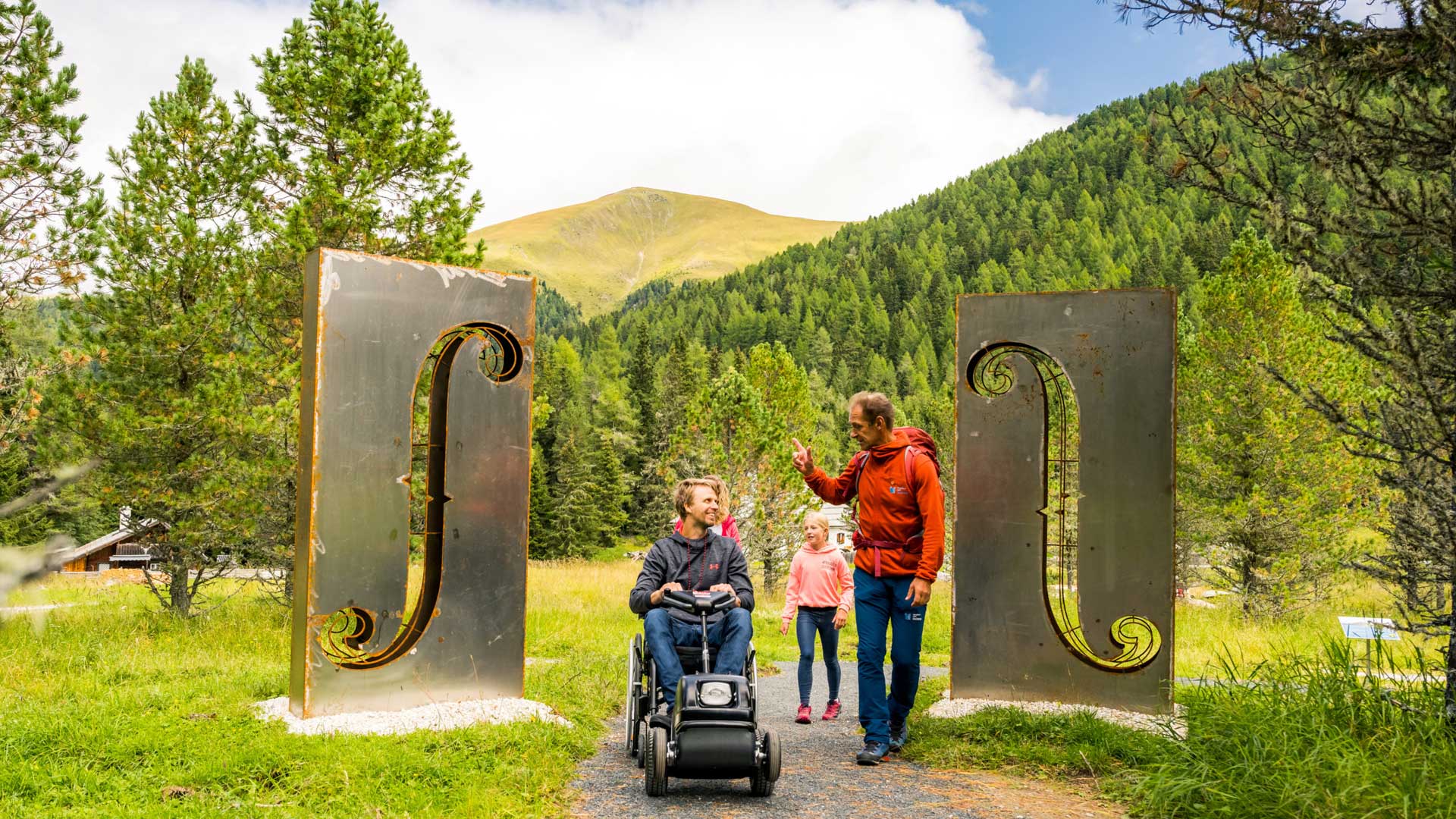
Theme trails
Themed trails along the Nockalm Road invite you to enjoy nature and linger.
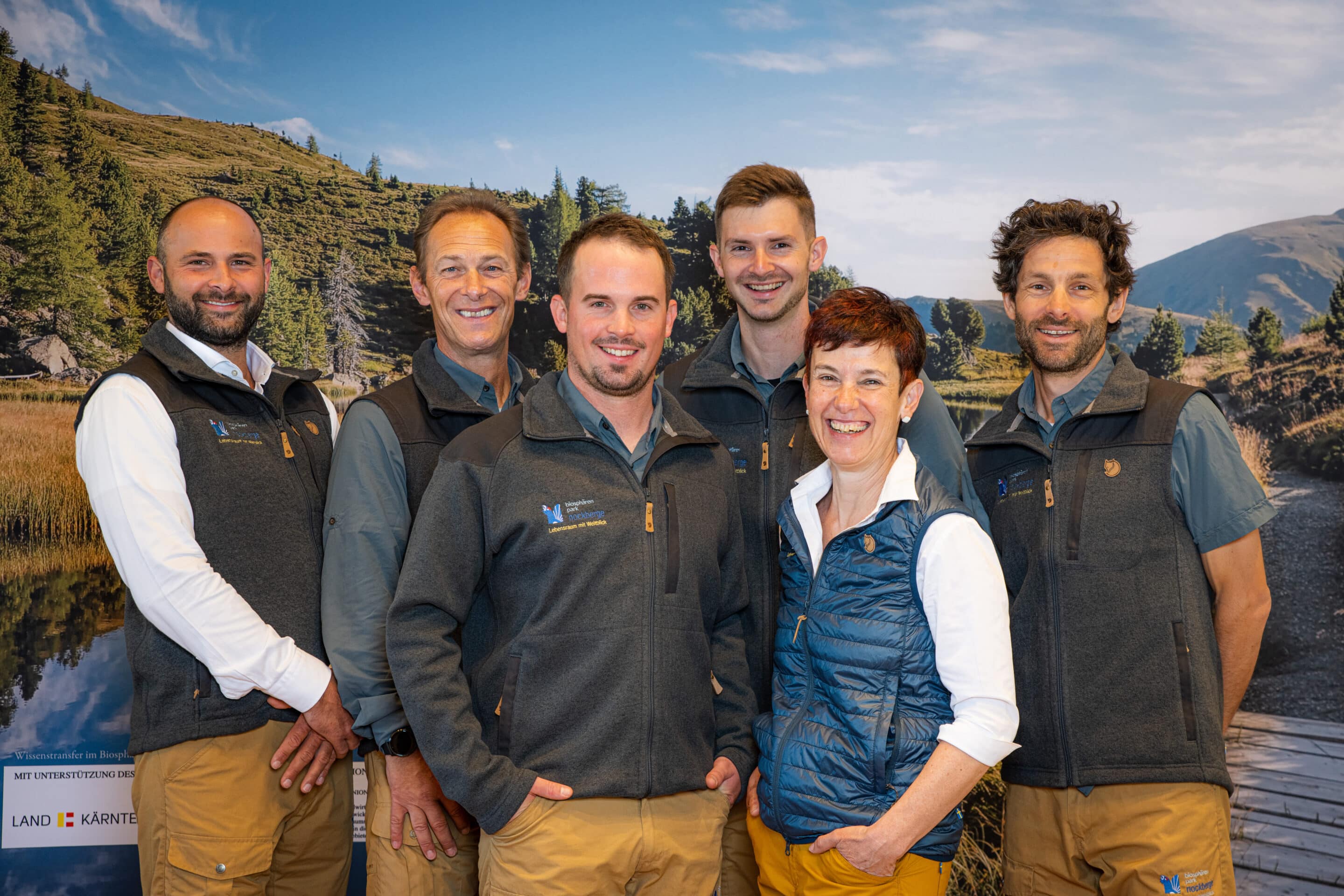
Rent a Ranger
Book your individual tour with one of our biosphere park rangers
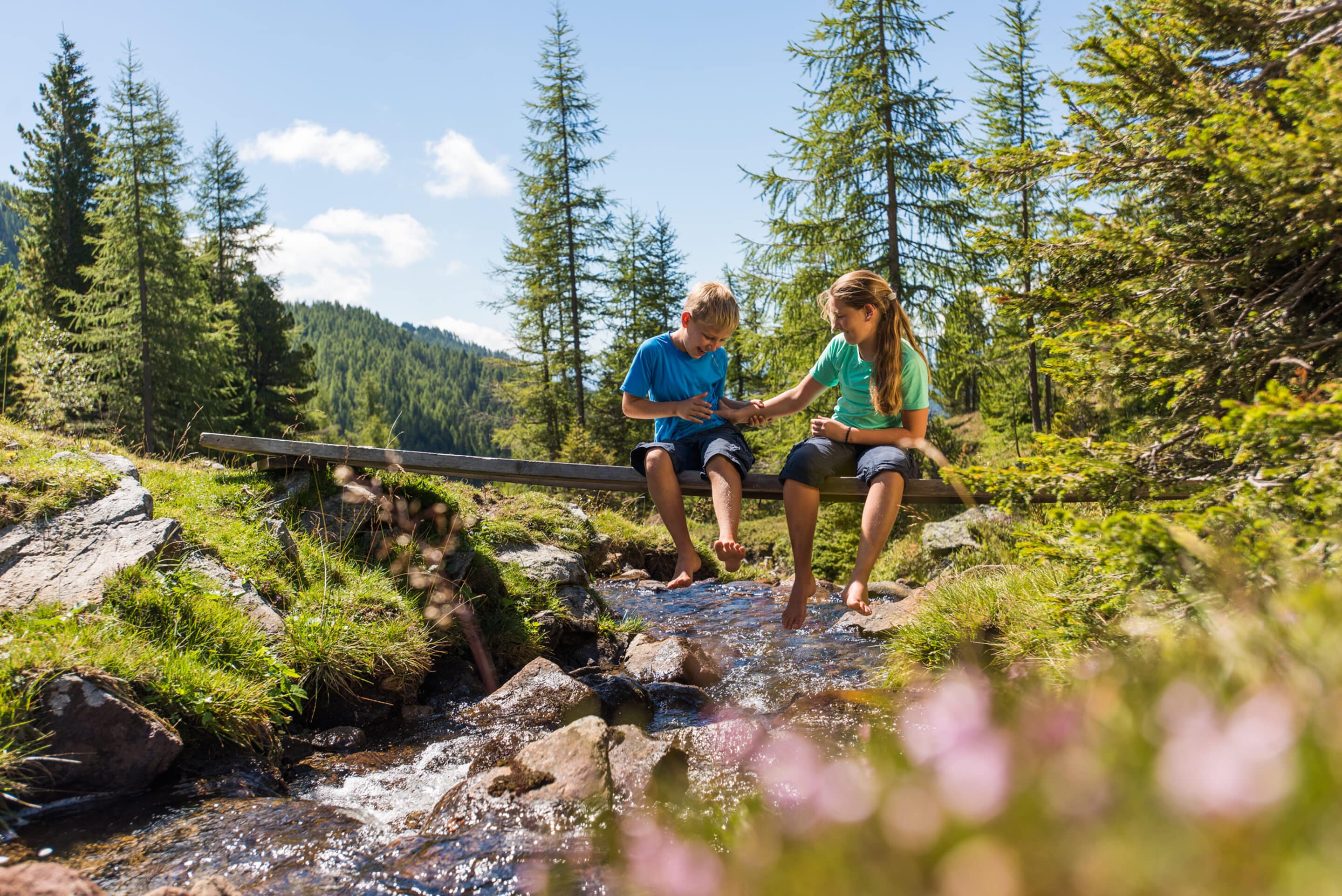
Tour offer
We offer you tailor-made insights into the special features of the biosphere reserve with its fascinating landscape, long-preserved cultural assets and rare flora and fauna.
Impressive
landscape
The Nockberge Mountains are a geological rarity. Gentle mountain peaks in the middle of the otherwise rugged Alps are their characteristic feature. The name “Nocke” is derived from the rounded shapes of the peaks, which are up to 2,440 metres high. Parts of these peaks remained ice-free during the last ice age or were locally glaciated. Many small high-altitude lakes are relics of these former cirque glaciers. The ice-free areas formed retreats for numerous plants and small animals.
The base of the Nockberge is formed by crystalline rock which is over 500 million years old and overlaid in the east by a younger layer of limestone and dolomite. The water that seeps away there heats up on its way down and reappears in the Kleinkirchheim valley as 36 °C warm thermal water.
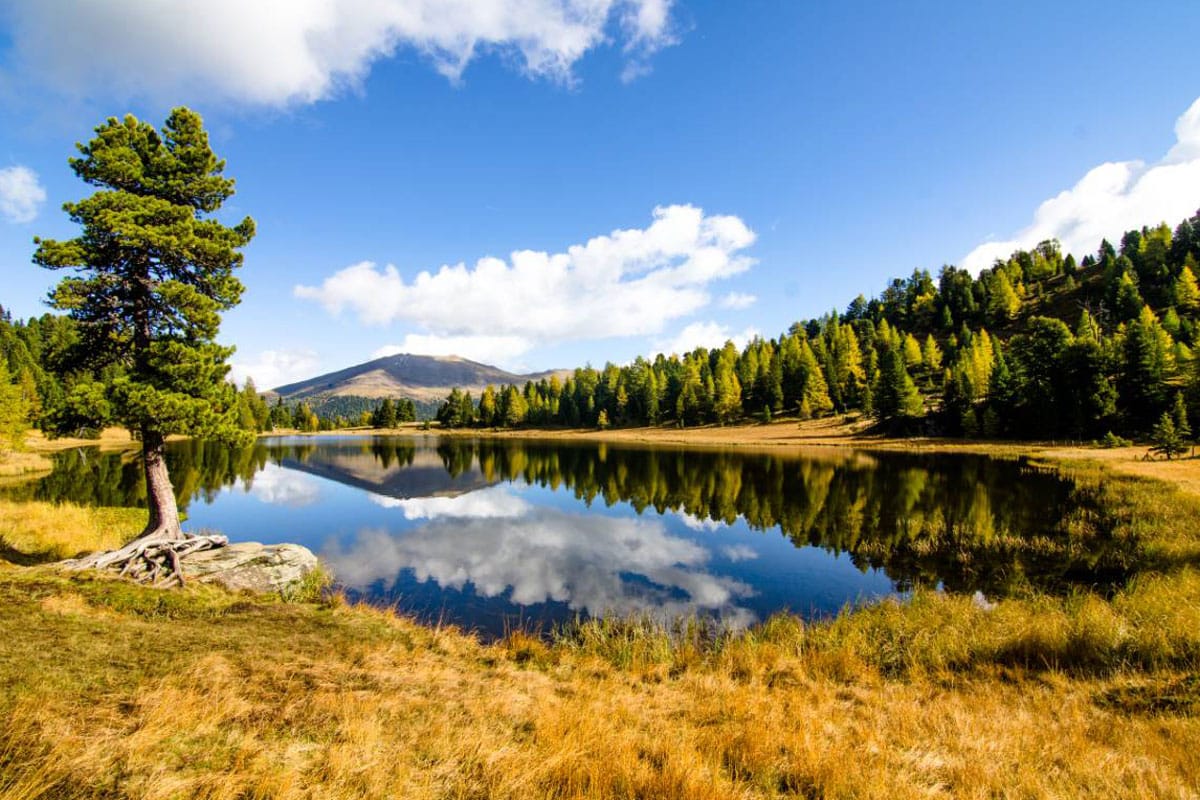
The Nockalm Road
The 34 km long Nockalm Road between Innerkrems and Ebene Reichenau with its 52 hairpin bends is one of the most beautiful Alpine roads that you can experience by car, motorbike and bus. The panoramic road winds its way gently uphill through the landscape. The hairpin bends are called “Reidn” in dialect, and each hairpin bend is dedicated to a local plant.
The Nockalm Road is home to the largest contiguous Swiss stone pine forest in the eastern Alps.
Numerous free exhibitions and themed trails can be discovered along the Nockalm Road – you can stop for refreshments at one of the mountain huts.
Nockberge Biosphere Reserve
Hiking in the biosphere reserve
The Nockberge mountains have year-round tourist potential. In summer, numerous excursion destinations, information centres and refreshment stops invite you to explore. In winter, there are ski areas, kilometres of cross-country ski trails and natural ice rinks. If you want to really burn off some energy, head out on the Nockberge Trail. If you are looking for relaxation, visit the Bad Kleinkirchheim thermal spa or the Karlbad. Whether hiking, skiing, cross-country skiing or observing animals – anyone who loves nature and enjoys spending time there should behave in such a way to preserved it for us in the future.

1,000 + Km
Hiking trails
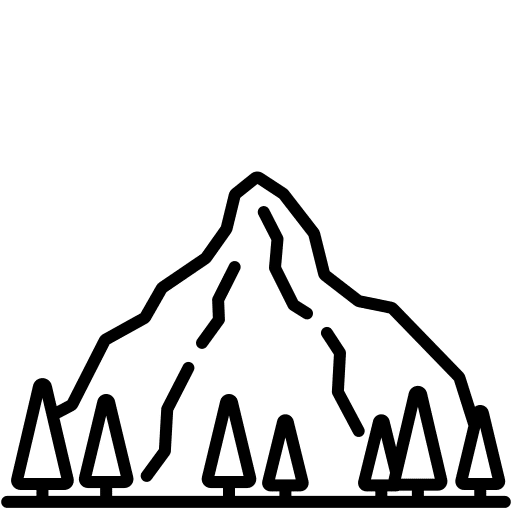
2,440m above sea level
Highest mountain
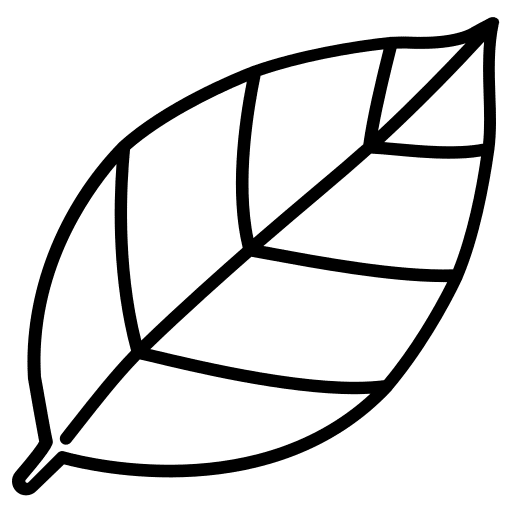
350+
Plant species
Behavioral principles in the biosphere park
- Always stay on marked and signposted paths and
selected routes to avoid unnecessary stress for wild animals. - With a bit of luck, you may spot wild animals in the biosphere reserve, but always keep enough
distance to avoid disturbing them unnecessarily. - At twilight, wild animals are particularly active and sensitive
to disturbances. This is why the morning and evening hours belong to the wild animals. - Our
wild animals are extremely sensitive and do not want to be disturbed, especially during the mating season (rutting and courtship) and when they are rearing their young. - The winter season presents its own challenges for wild animals. Snowfall, low temperatures and scarce food mean
considerably harsher living conditions. So pay close attention to your choice of route in winter too. - In Austria, dogs must be kept on a lead.
Nockberge Biosphere Park
Tradition
The society and therefore people are the central element of a region. The community in the Nockberge Biosphere Park is characterised by traditions, history, commitment, experience and a strong sense of cohesion which has grown over many years. Customs and traditions are often passed down from generation to generation and are deeply rooted in the culture of a region.
There are many such customs in the Nockberge Biosphere Park, most of which are unique to this region. One example is the well-known fence ring roast. Ring fences are a typical sight throughout the biosphere reserve. The craft behind it – fence ring roasting – is an ancient art that only a few still master today. In spring, fresh spruce branches are taken from the trunks, the fine side branches are removed and the branches are heated over the fire until they are pliable enough to form rings. These barks are then used to build a fence which requires neither nails nor screws.
As diverse as the Nockberge Biosphere Park
Regional treasures
Life in the mountains has never been easy, but it is a driving force for innovation, a teacher of quality and a guide to the essentials. The products which are created here are as unique as the Nockberge Biosphere Park: unadulterated, original and balanced.
The tasks of a biosphere reserve cover a broad spectrum for the protection and promotion of the region – from the preservation of the landscape to the conservation of cultural diversity and the involvement of the population in the development of the region. The trend towards more regionality is clearly noticeable in the Nockberge Biosphere Park. There are numerous biosphere park partner products, ranging from agricultural and culinary products such as dairy and meat products, bread and honey to handcrafted products such as skis, snowboards and furnishings made from Swiss stone pine. Producers of beer, gin, ice cream, sprouts and various Swiss stone pine products are also among the biosphere park’s treasures.
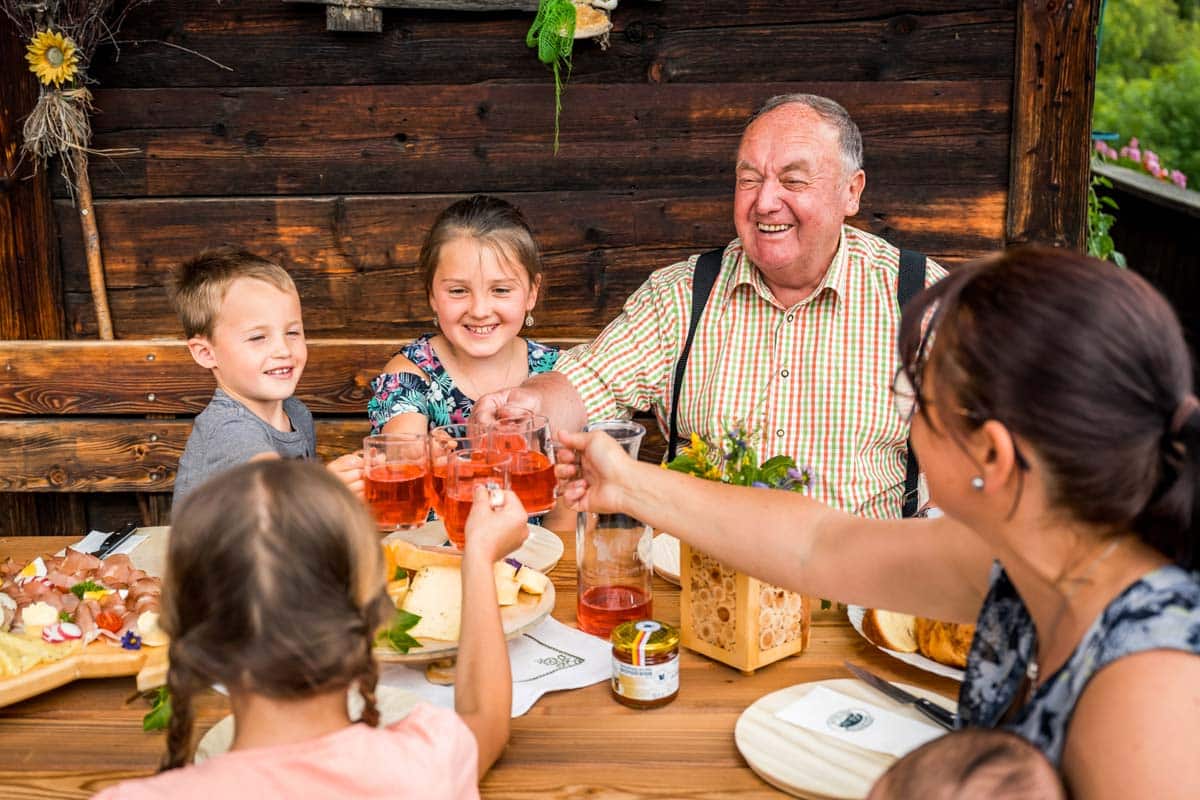
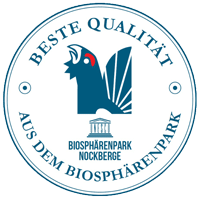
The UNESCO Nockberge Biosphere Reserve co-operates with numerous institutions as well as companies and private individuals. Valuable synergies are created through our various co-operations. Our partnerships support the promotion of regional economic cycles and the development and marketing of authentic and innovative products. In this way, we secure future opportunities for the entire region. For us, partners are all those who actively participate in the sustainable development of the Nockberge Biosphere Reserve.
Biosphere Park schools and partner schools
- Bad Kleinkirchheim elementary school
- Elementary school Döbriach
- Elementary school Ebene Reichenau
- Eisentratten elementary school
- Radenthein elementary school
- Nockberge secondary school
- Secondary school Radenthein
- Elementary school Feld am See
- Elementary school Gmünd
- Elementary school Gnesau
- Elementary school Lieserhofen
- Elementary school Millstatt am See – Anna Gasser
- Seeboden elementary school
- Sirnitz elementary school
- Trebesing elementary school
- Treffling elementary school
- New middle school Gmuend
- Litzlhof Education Center
- Secondary school St. Paul im Lavanttal
Partners for Project Weeks
Product-Partners
- Shilling
- Håns & Frånz
- Nockberge Bauernhof-Eis
- Mitzii Gin
- Schrunerhof
- Ottingerhof
- Sprossenliebe
- Grubenbauer’s Almheu
- Tischlerei Warum
- Nockberge Honig
- Traugott Brandstätter- Honig
- Johann Briggl-Honig
- Sigi’s Natursaibling
- Nockfleisch
- Lasergravur Nockberge
- Zirbenkistl
- Gutzinger Hof
- Mallhof Biobauernhof
- Kaslab’n Nockberge
- Feine Biohonige

